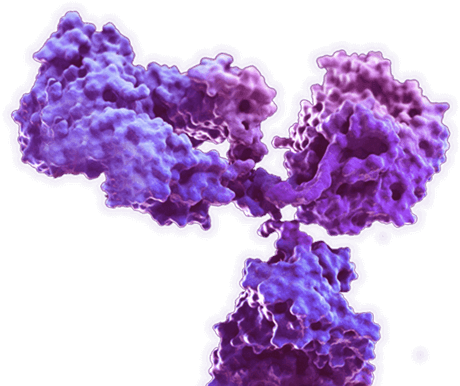Anti-H2A Antibody (Cat MO-MMB-0687), Rabbit IgG
Cat: MO-MMB-0687
Certificate of Analysis Lookup
To download a Certificate of Analysis, please enter a lot number in the search box below. Note: Certificate of Analysis not available for kit components.
Lot Number
To download a Certificate of Analysis, please enter a lot number in the search box below. Note: Certificate of Analysis not available for kit components.
Lot Number
- Product List
- Specifications
- Application Information
- Target
Specifications
| Host species | Rabbit (Oryctolagus cuniculus) |
| Species Reactivity | Budding Yeast, Fission Yeast |
| Immunogen | Recombinant yeast histone H2A. |
| Format | Liquid or Lyophilized |
| Buffer | 30% Glycerol |
| Regulatory Status | For Research Use Only |
| Shipping | Gel Pack |
| Storage | Store at 4°C: short-term (1-2weeks) Store at -20°C: long-term and future use |
| Purification | Protein A purified |
Application Information
| Application | ChIP, IP, WB |
| Application Notes | WB: 1:2000-1:5000 The optimal dilution should be determined by the end user. |
Target
| Alternative Names | Core component of nucleosome. Nucleosomes wrap and compact DNA into chromatin, limiting DNA accessibility to the cellular machineries which require DNA as a template. Histones thereby play a central role in transcription regulation, DNA repair, DNA replication and chromosomal stability. DNA accessibility is regulated via a complex set of post-translational modifications of histones, also called histone code, and nucleosome remodeling. |
See other products for " H2A "
| MO-AB-02751Y | AibGenesis™ Mouse Anti-H2A Antibody (MO-AB-02751Y) |
| MOFAB-015W | Rabbit Anti-H2A Antibody (MOFAB-015W) |
| MO-AB-11571Y | AibGenesis™ Mouse Anti-H2A Antibody (MO-AB-11571Y) |
For Research Use Only | Not For Clinical Use.
Online Inquiry

